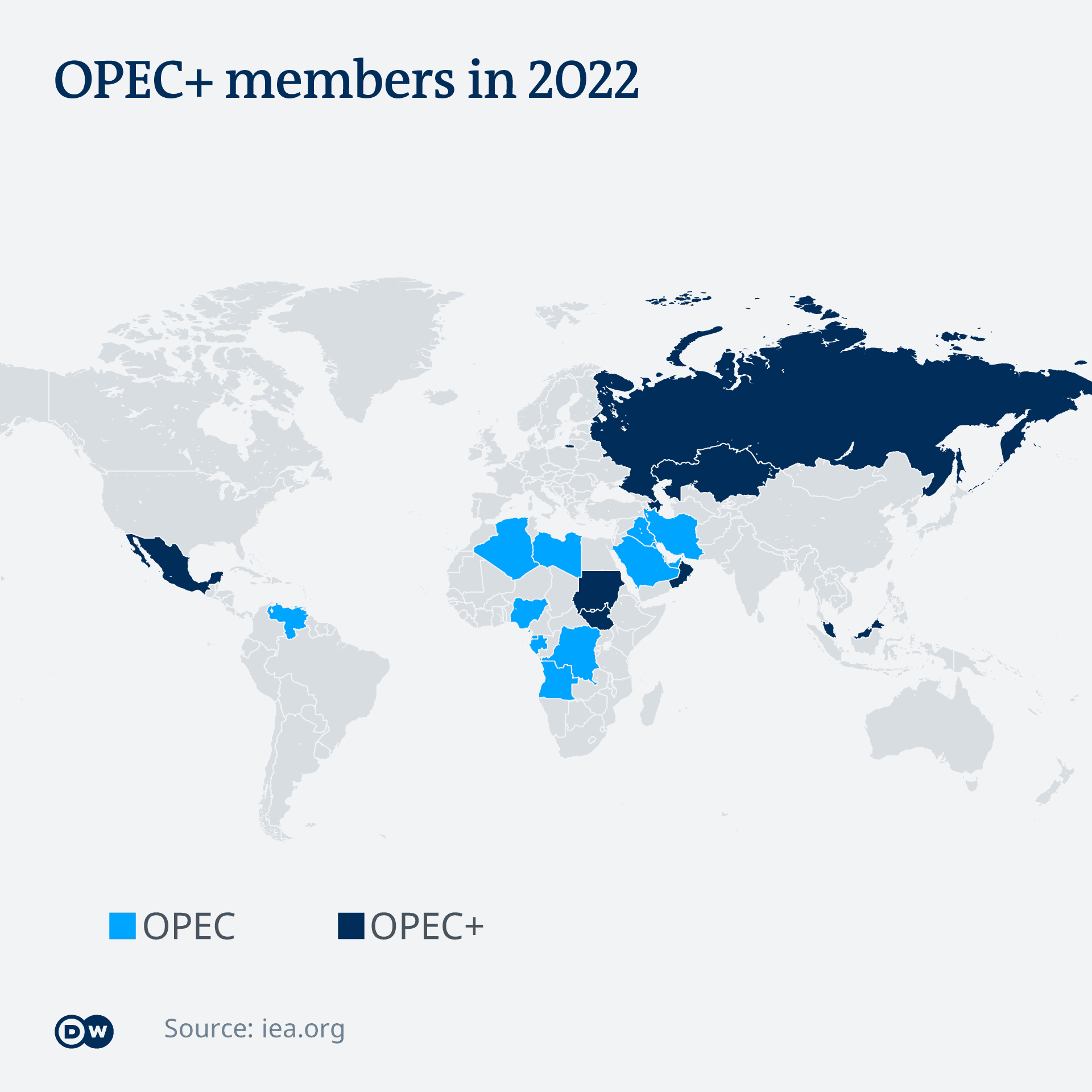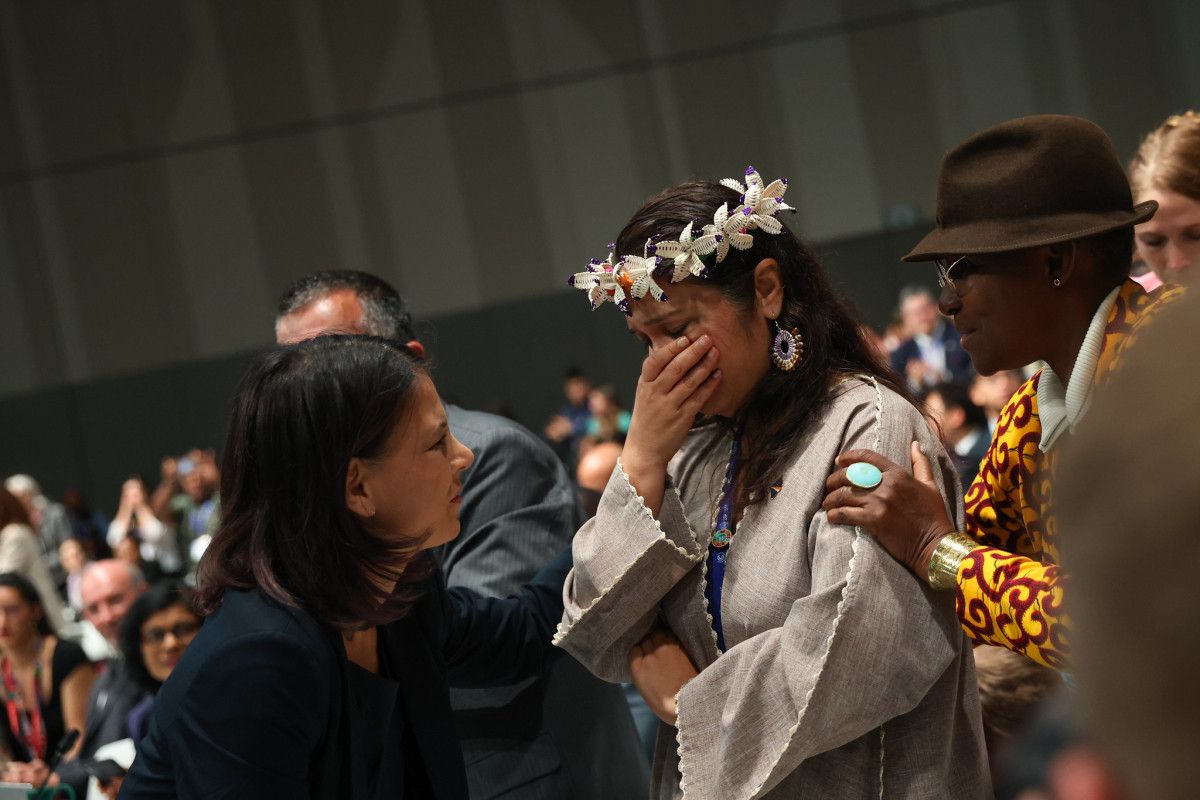COP 28 Summit Ends: The First Mention of Fossil Fuels Ever, and the Pledge to “Transition Away” from It
The final draft of COP 28 climate change summit has, for the first time in the history of COP summits, called upon the countries of the world to contribute to “transition away” from fossil fuels towards renewable energy systems to achieve net zero by 2050. The countries did not agree on any concrete commitment or action about fossil fuels.
After the agreement was made public, a plenary session convened in which the European Union representative stated as follows.
As the EU representative put it, this is only the beginning of the end of fossil fuels.
The call on limiting warming to 1.5 is more clear and compelling in the COP 28 document than in the previous documents, as the US representative said in the plenary session.
The earlier draft did not contain any serious mention of energy transition from fossil fuels, that is, coal, oil and gas. That document had just said that the countries have to take action that could include reducing the production and use of fossil fuels. Former US Vice-President and climate leader Al Gore had tweeted when the first draft came out,
Now the final draft is out with a call to transition away from fossil fuels which is a success though in much lower degrees than wished for. When the first draft was released, the critics had blamed OPEC, the organisation of oil producing nations, for the weak outcome.

OPEC had sent a letter to its member countries asking them not to sign any document on which phasing out or phasing down of fossil fuels is mentioned. However, the success of the summit lies in finding a language to include fossil fuels in the document and admitting that energy transition is the only way ahead.
The Cry of the Island Nations
The island nations that are facing immediate inundation by sea due to global warming have not taken kindly to the decisions of the summit that compromised on fossil fuels. The representative of the island of Samoa raised the issue that the COP 28 President announced the decisions unilaterally even when the representative of the Small Island Developing States (SIDS), an organisation of 39 small island developing countries, “was not in the room” physically. She reminded the gathering that the 39 islands that her organisation represents are the nations “disproportionately affected” by climate change. She welcomed the technology implementation programme adopted by the summit and the NDC (Nationally Determined Contribution- Policies and action plans of each nation) revision mechanism put in place. Still she candidly presented the opposing view of her organisation when she said,
This speech by the representative of the Independent State of Samoa got a standing ovation and a long applause from the delegates of the summit. Immediately after the speech, the COP President said that the concerns raised by the Samoan representative will be reflected in the final report.

Countries Intervene in Presidential Plenary to Reassert Fossil Fuel Demands
As the COP President tried to move on with the proceedings of the presidential plenary session, which is officially the last session of COP 28, the representatives of other countries also demanded to speak. The US representative who spoke, lauded multilateralism that made possible putting together “a strong document” as the COP 28 draft. He pointed to the applause that the organisation of island nations received and described it as a clarion call to all. He summarised the strong points of the document as:
1) the agreement and commitment that the world has to limit warming by 1.5 degrees and all the nation-NDCs to be aligned accordingly.
2) agreement to peak and reduce minimum 43% of greenhouse gas emissions by 2030 and 60% by 2035.
3) the decision to triple renewable energy, to double energy efficiency, to phase down unabated coal production, to halt and reverse deforestation by 2030, and to substantially reduce non-CO2 emissions by 2030.
4) the first time calling out for transitioning away from fossil fuels in energy systems so as to achieve net zero by 2050.
5) agreement on a detailed adaptation and mitigation framework.
6) the global stocktake making it clear that there should be a concerted effort in climate finance.
Talking on behalf of the Environmental Integrity Group (EIG), a negotiation group consisting of six countries to the United Nations Framework Convention on Climate Change, comprising Switzerland, South Korea, Mexico, Monaco, Georgia, and Liechtenstein, the representative of Switzerland said that the COP 28 agreement sends a clear message that the future is not of fossil fuels. Observing that the energy package is not enough, he demanded that the energy package of COP 28 needs to be “more precise and quantified and to deliver with a sense of urgency.”
The African countries expressed hope that adaptation and mitigation decisions and the climate finance commitments will benefit African countries in energy and technology transition. The German representative reminded that for the children of the island nations such as Samoa and Marshall Islands, the decisions of this COP summit will not be enough. This was a moment of proof that though the summit language lacked much in its wording about fossil fuels, many countries wanted to keep the debate in focus so that more concrete steps follow. The German representative also said that “this COP is also about deciding that we are walking the path of climate justice together.”

The representative of Colombia observed that the COP 28 document reflected the political reality of the summit. She said,
Fossil Fuels: Coal, Oil, and Gas: The Bone of Contention
If someone asks what is at the root of climate change that threatens the planet in a live or die kind of crisis, the answer is fossil fuels- Coal, Oil, and Gas. Still, no global climate conference so far could reach a consensus to include fossil fuels in their final decisions. The much celebrated Paris Accord of 2015 is also no exception to this. Now, for the first time in the history of COP summits, the participant countries have agreed to say the ‘f word’ officially.
Why the world is so reluctant to phase out fossil fuels and instead step into the better world of renewables, one might wonder. There are many reasons involved. The rising energy needs of the world and the renewable energy production still being nascent is the first reason. The use of oil, gas, and coal in the functioning of our civilization is all-encompassing. The annual oil production and use is 36.5 billion barrels, coal is 8 billion metric tons, and natural gas, 4 trillion cubic metres.
The life and economy around the world will come to an abrupt halt if fossil fuels are suddenly stopped. The second reason is the political and financial clout that the coal, oil, and gas lobby commands globally; and the third is the usual inability of most world leaders, including corporate leaders, to think out of the box, to think with commitment and long term focus, and accept a new approach to development.
COP 28 and Fossil Fuels
COP 28 President and UAE Minister Sultan al-Jaber himself is the head of a big Emirati oil company that is state-run as well. However, he also heads the Renewable Energy Ministry of the UAE. Earlier, his statement about oil and gas, justifying their use, and the oil companies’ accord to reduce emissions signed under his Presidentship at COP 28 stirred controversy and opposition. The environmental groups questioned the logqqic of still talking about emission reduction with respect to fossil fuels when the planet urgently needs us to completely phase out them and science endorses it.
The debacle is complex and maybe bringing the oil companies to the discussion table itself is a right step in the direction of success. The flipside is that Earth has no time left to waste in extended deliberations and manoeuvring as the warming is accelerating like never before.
The Contesting Interests and the Common Interest
The countries with huge oil and gas reserves naturally do not want anything to do with phasing out of fossil fuels. It is their entire wealth at stake.
Even after COP 28, the energy transition is going to be a superhuman task. A huge reserve of finances will be needed for the developing and underdeveloped countries to transition from fossil fuels to renewable energy. The finance raised by COP 28 and the funds collected and pledged as part of the previous agreements are just half of what is needed, considering the massive economic and technological change that has to be brought about.
Meanwhile, India and China are expanding their coal projects and likewise many other developing countries for whom coal is the backbone of energy equity in the world. Saudi Arabia and other OPEC nations and even the US will fight any attempt to phase down oil and gas with all the power they have. The path ahead is difficult and murky but a new future is drawn in COP 28 where “the beginning of the end of fossil fuels” is officially on record.
References:
The Washington Post articles on COP 28 and climate change
Statista
COP 28 YouTube Channel
To receive updates on detailed analysis and in-depth interviews from The AIDEM, join our WhatsApp group. Click Here. To subscribe to us on YouTube, Click Here.







